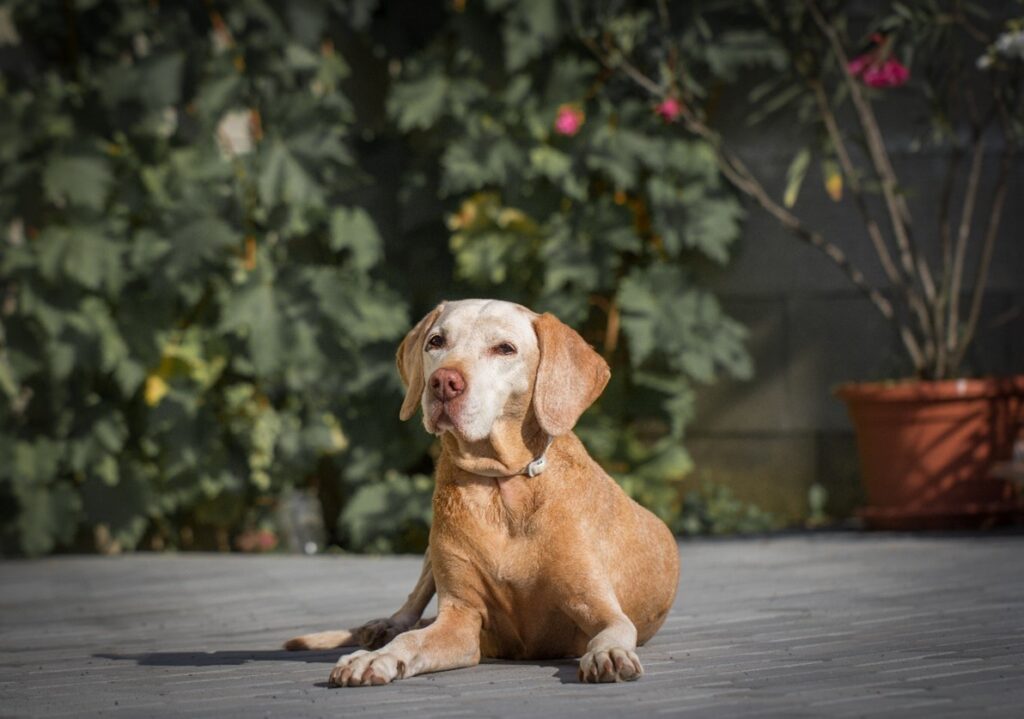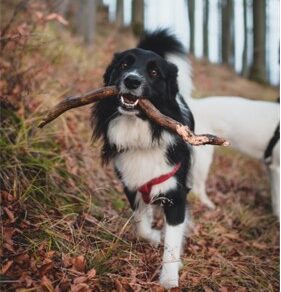
Many dog owners believe that training is only for puppies, but the truth is, older dogs are just as capable of learning new tricks and behaviors. Training an older dog might require a bit more patience and understanding, but it’s entirely possible and can be incredibly rewarding. This blog from Marissa Corbett of Shamong, NJ, explores how you can successfully train your senior canine friend, proving that it’s never too late to learn.
Understanding the Older Dog
Before diving into training, it’s important to understand the unique needs and limitations of older dogs. They might have less energy and a shorter attention span compared to a younger dog. They could also be dealing with age-related issues like reduced vision, hearing, or cognitive function. Patience and empathy are key.
Benefits of Training Older Dogs
Training an older dog isn’t just about teaching them new commands or tricks; it can also improve their mental health and vitality. It helps keep their brain active, which is especially important for preventing cognitive decline. Training also strengthens the bond between you and your dog, enhancing mutual trust and understanding.
Getting Started with Training
- Health Check: Before starting any training program, have your dog checked by a vet to ensure they’re healthy enough for training, and to understand any limitations they might have.
- Start with the Basics: Begin with simple commands like ‘sit’, ‘stay’, or ‘come’. This helps gauge their level of understanding and responsiveness.
- Use Positive Reinforcement: Reward good behavior with treats, praise, or play. Positive reinforcement is effective and builds a more enjoyable learning experience.
- Keep Sessions Short: Older dogs can tire easily, so keep training sessions short and sweet, around 10-15 minutes to avoid fatigue.
- Be Consistent: Consistency is key in any form of training. Stick to the same commands and reward system to avoid confusing your dog.
- Adapt to Their Pace: Every dog is different. Adapt your training to match your dog’s pace and ability. If they have trouble with a particular command, try breaking it down into smaller, more manageable steps.
Overcoming Challenges
Training an older dog might come with its set of challenges. They might be set in their ways, making it harder to break old habits. Be patient and persistent. It’s important to recognize and respect their limits. If they seem stressed or uninterested, give them a break and try again later.
Advanced Training and Mental Stimulation
Once your dog has mastered the basics, you can move on to more advanced commands or even tricks. This not only adds variety but also provides mental stimulation. Puzzle toys and games that require problem-solving can also be beneficial for keeping their mind sharp.
Socialization and Exercise
Socialization is just as important for older dogs as it is for puppies. It helps them stay mentally stimulated and can improve their confidence. Similarly, regular exercise is important for their physical health, but be mindful of their endurance levels.
Dealing with Behavioral Issues
If your older dog has behavioral issues, it’s not too late to address them. Training can help manage problems like excessive barking, chewing, or even aggression. In some cases, consulting with a professional dog trainer or a behaviorist might be necessary.
Celebrating Successes
Every small victory is worth celebrating. Whether it’s mastering a new command or just showing improvement in behavior, positive reinforcement and praise can boost your dog’s confidence and enjoyment in training.
Training an older dog requires patience, understanding, and a lot of love. Remember that progress might be slower, but it’s just as satisfying. Training is not just about obedience; it’s about enriching your dog’s golden years, enhancing your bond, and ensuring they remain active and engaged. So, grab some treats, keep your expectations realistic, and enjoy this special time with your senior companion. It truly is never too late to teach an old dog new tricks!

